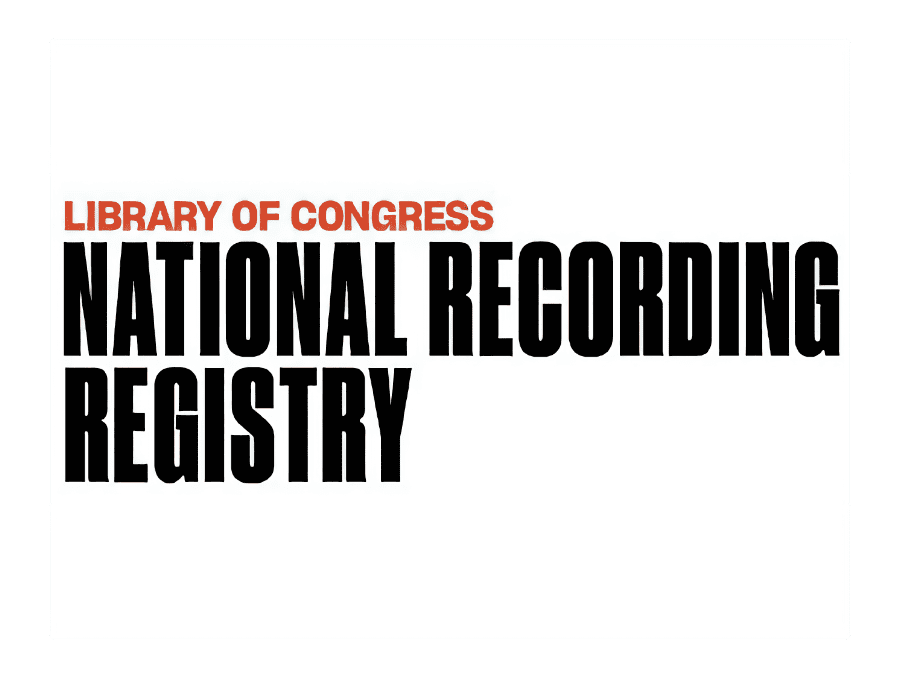
The Library of Congress has released from the national recording registry the ultimate stay at home playlist. The following announcement was just released from Washington D.C.. Librarian of Congress Carla Hayden today named this and 20 other recordings as aural treasures worthy of preservation because of their cultural, historical and aesthetic importance to the nation’s recorded sound heritage.
The Library of Congress has released from the national recording registry the ultimate stay at home playlist. The following announcement was just released from Washington D.C.. Librarian of Congress Carla Hayden today named this and 20 other recordings as aural treasures worthy of preservation because of their cultural, historical and aesthetic importance to the nation’s recorded sound heritage.
Von Bingen was also a writer, philosopher, Christian mystic and visionary while the album title is a quote from one of her writings. Her repertoire had been ignored for decades until the release of this beautiful recording by the award-winning Gothic Voices, directed by Christopher Page and recorded by Tony Faulkner. This was Gothic Voice’s first recording; it also marked the beginning of Gothic Voices as a permanent group. The release helped heighten — albeit belatedly — von Bingen’s life story and her remarkable achievements both inside and outside of music.
“This album of Hildegarde von Bingen’s music brought the art of an amazing woman to an entirely new audience, and I feel most fortunate to have been part of the group that recorded it,” said soprano Dame Emma Kirkby.
A number of other historic recorded performances included the following Telarc issue: Holst: Suite No. 1 in E-Flat, Suite No. 2 in F / Handel: Music for the Royal Fireworks / Bach Fantasia in G (special edition audiophile pressing), Frederick Fennell and the Cleveland Symphonic Winds (1978). This recording was the first commercial digital recording of symphonic music in the United States and was captured on the Soundstream recorder, the first available commercial digital recorder, introduced by U.S. inventor Thomas Stockham. The original recording was released to vinyl in 1978 and then again in 1983 as the first CD release for the U.S.-based Telarc label. The recording was produced by Robert Woods and engineered by Jack Renner, co-founders of the Telarc label. Telarc and Soundstream worked together, increasing the capability of the Soundstream recorder, and the results had an immediate impact on audiences around the globe. The World Book Encyclopedia described this recording as having “the bass drum heard around the world.”
Also cited are two worthy additions among many — Dusty Springfield’s 1969 album “Dusty in Memphis” and Whitney Houston’s rendition of a Dolly Parton classic, “I Will Always Love You” and these two have a hidden connection. Houston’s mother, legendary gospel vocalist Cissy Houston, recorded background vocals as a member of The Sweet Inspirations for tracks for “Dusty in Memphis.”
Then we have the original version of “Wichita Lineman,” written by Jimmy Webb and recorded by country music legend Glen Campbell in 1968. “I’m humbled and, at the same time for Glen, I am extremely proud,” said Webb. “I wish there was some way I could reach him to say, ‘Glen, you know they’re doing this. They are putting our music in a mountain vault–it will be preserved for all time.’
Return to HIFICRITIC News
© Copyright 2024 Martin Colloms | Terms of Use | Privacy Policy | Cookies | Contact